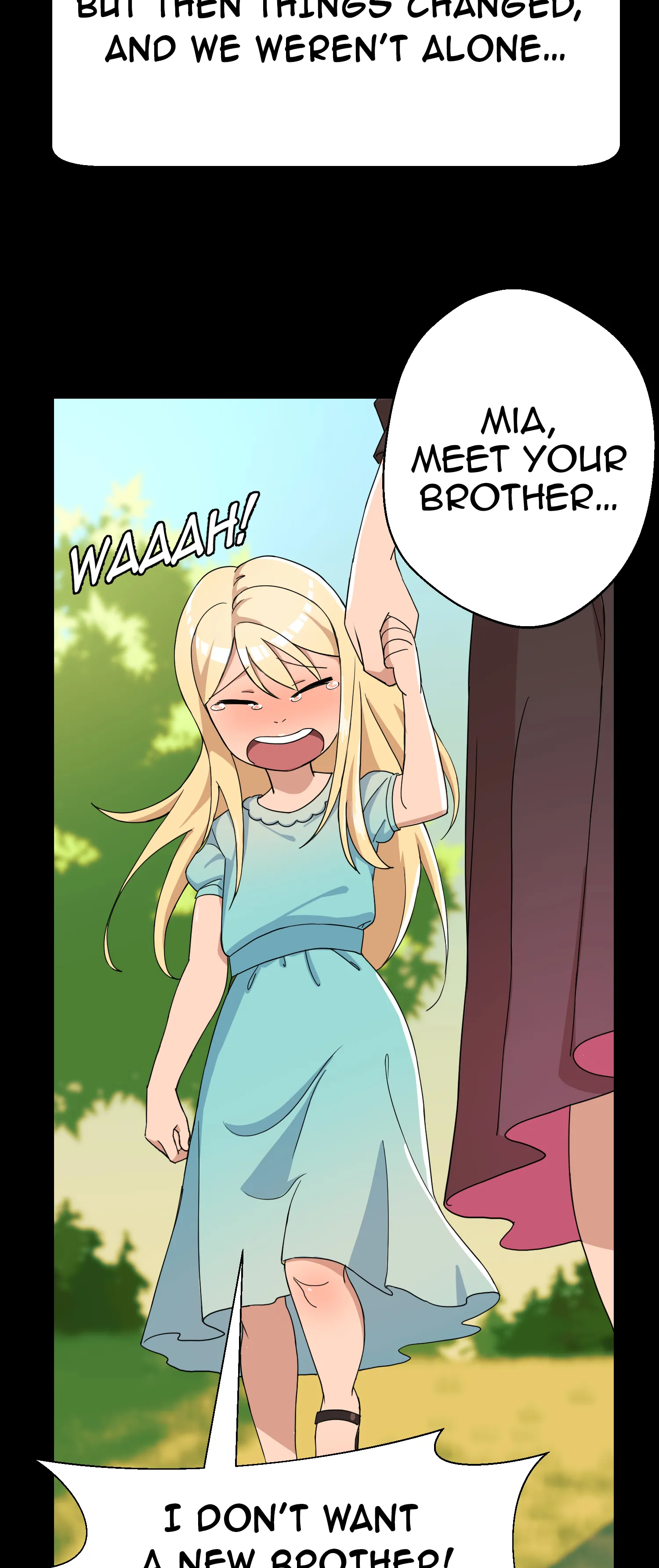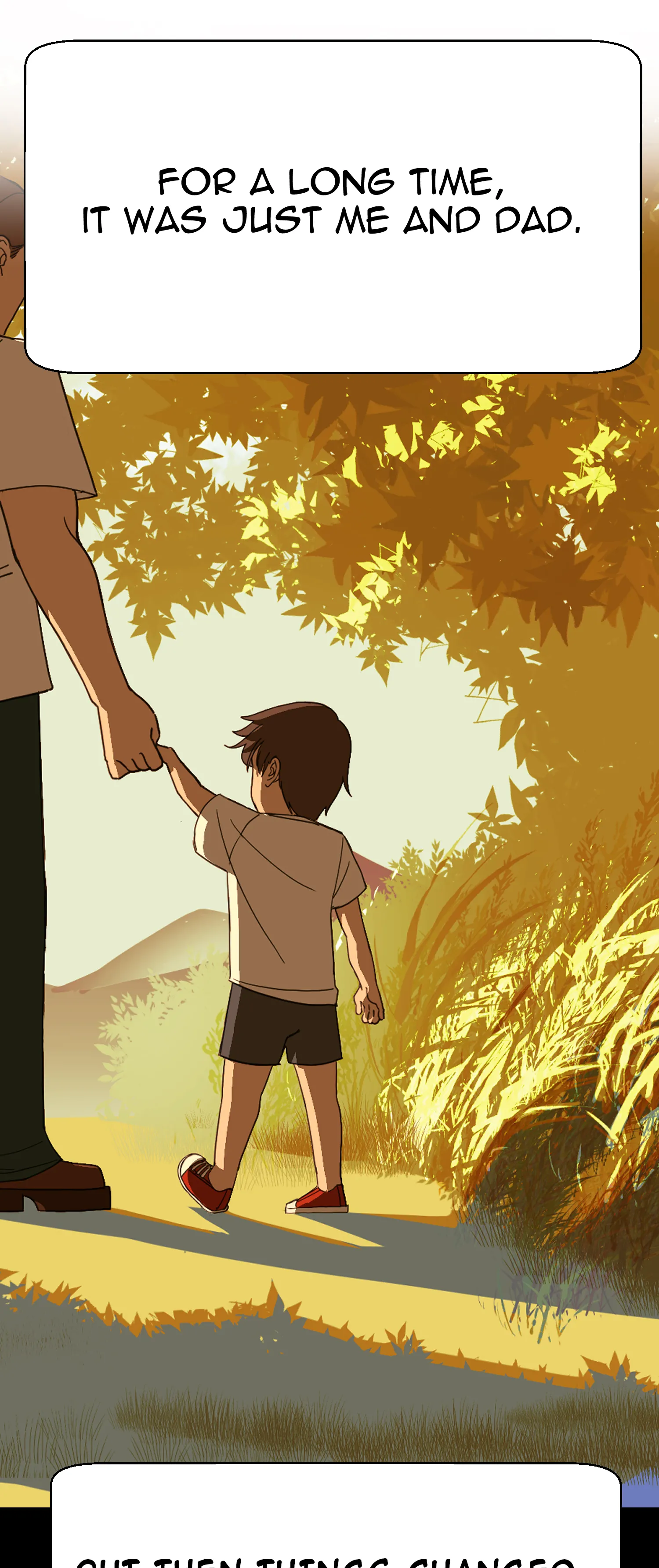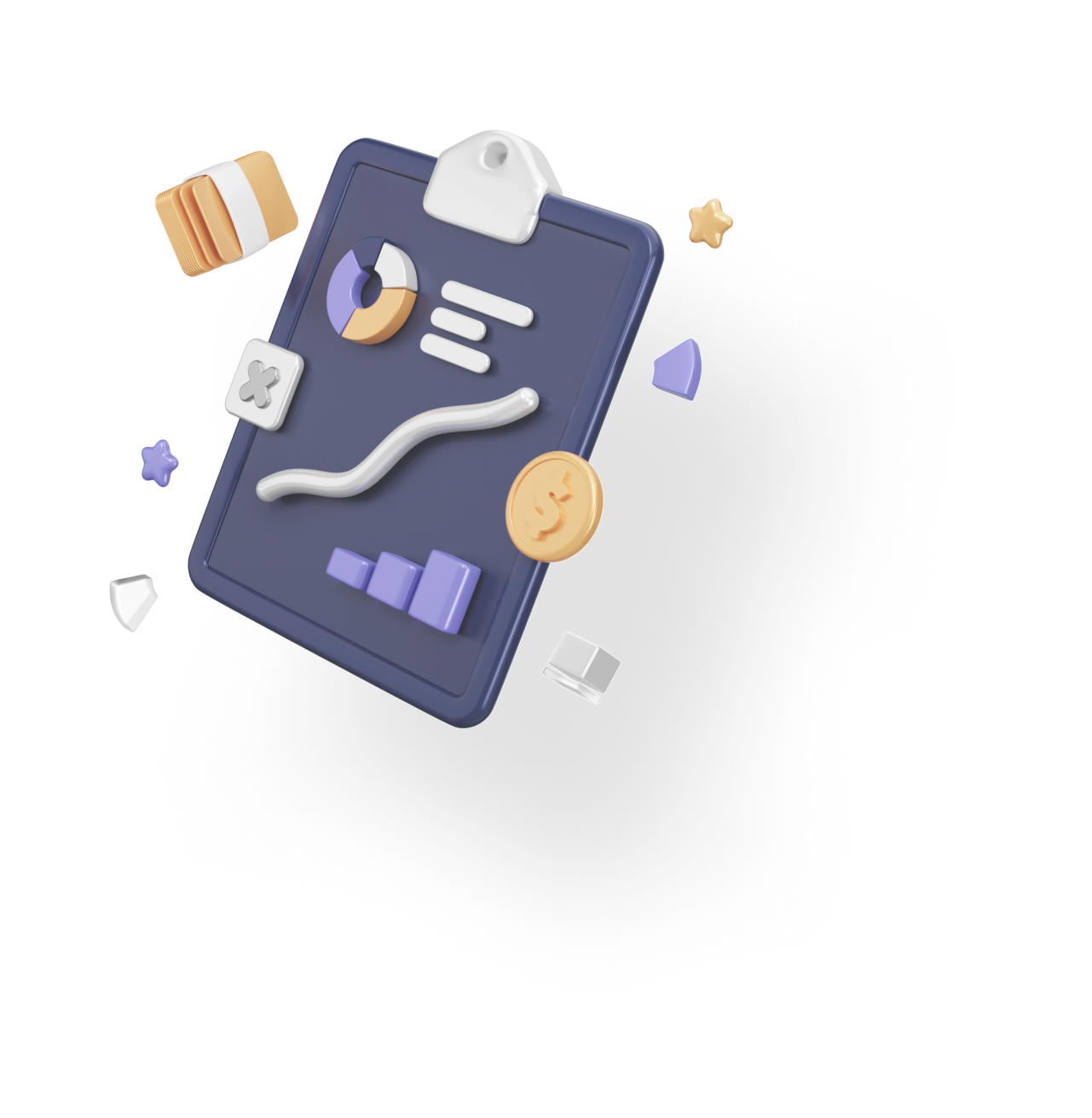Teach Me First Free Online: Discover How To Begin Your Teaching Path Today
Have you ever thought about sharing what you know with others, perhaps from the comfort of your own home? Many people today are looking for ways to teach, and they want to start without spending a lot of money, so they ask, "teach me first free online." This idea of learning to teach, or finding ways to instruct others without an initial cost, has become very popular. It is a big step for anyone wanting to make a difference through education.
The desire to help someone gain knowledge or train them in a skill is a powerful one. Whether you aim to be a teacher in a school setting, or just want to show someone how to paint, the core idea is about imparting understanding. This article will look into how you can start on this path, especially if you are seeking free online ways to learn about teaching. It is, you know, a common question people have.
The digital world has opened up many new chances for learning and for teaching. It means that getting started with educating others can happen in ways that were not possible before. We will talk about how to find these chances and what it means to truly "teach" in this new setup. You might be surprised by the free resources out there, and how they can help you figure out if this path is a good fit for you, too it's almost.
- Vika And Vova Jump Original
- Julie Banderas Nostrils
- Hyungry Temporary Replacement 3
- Joel Michael Singer
- Brooke Teague And Nathan Smith
Table of Contents
- Why Think About Teaching Online?
- Finding Your Path: Teach Me First Free Online
- Is Teaching Right for You?
- Practical Steps to Begin
- FAQs About Teaching Online
- The Future of Learning and Teaching
Why Think About Teaching Online?
Many people today are exploring ways to share their skills and knowledge. The idea of becoming an educator has always been important, but the way we do it is changing. Thinking about teaching online opens up a lot of possibilities, and it can be a really rewarding experience. This is, you know, a path many are considering right now.
The Big Shift to Online Learning
The way people learn has changed a lot, especially recently. More and more, people are looking for lessons and courses they can take from home. This shift means there is a growing need for teachers who can work in this online space. It offers a lot of freedom, both for the person learning and the person teaching, so it's almost a perfect match for many.
Online learning breaks down old barriers. Someone in one part of the world can learn from a teacher in another part. This makes education much more available to everyone. For those who want to teach, it means a wider group of students they can reach, which is pretty cool, if you ask me.
This move to online ways of learning is not just a passing trend. It is becoming a regular part of how education works. This means that learning how to teach online is a skill that will stay useful for a long time. It is, basically, a good thing to know how to do.
What "Teach" Really Means
The word "teach" has a broad meaning. It can be about giving lessons in a school, college, or university as a job. But it also means to simply help someone learn something by explaining it or showing them how to do it. This could be teaching someone to paint, or how to use a computer program, or even how to cook a meal, so it's very flexible.
To teach is to impart information, understanding, or a skill. It is the broadest of terms when we talk about sharing knowledge. It applies to almost any practice where one person helps another gain something new. This could be instructing, tutoring, training, or educating, and they all fit under the umbrella of "teach," you know.
The goal is always to cause someone to acquire knowledge or skill. It is about making sure others can learn from what you share. This is the heart of teaching, whether it happens in a classroom or through a screen, and it is a truly important role to play, as a matter of fact.
Finding Your Path: Teach Me First Free Online
If you are thinking, "teach me first free online," you are on the right track. There are many ways to begin this journey without spending money. The key is knowing where to look and what steps to take. It is, actually, more possible than you might think.
Starting with Free Resources
The internet is full of free things that can help you learn about teaching. You can find articles, videos, and even full courses that do not cost anything. These resources can give you a good base of knowledge before you commit to anything bigger. They help you get a feel for what teaching involves, and how to go about it, for example.
Many websites offer free introductions to online teaching methods. They might cover how to plan a lesson, how to talk to students online, or what tools you can use. Looking at these first is a smart way to begin. It lets you test the waters, so to speak, and see if it feels right, you know.
You can also find communities of teachers online who share tips and advice for free. Joining these groups can give you a lot of practical insight. People often share their experiences, what worked for them, and what did not. This kind of real-world advice is very valuable, and it is, obviously, free to get.
Understanding Your "Teach Online Services Account"
When you start to get involved with online teaching platforms, you might come across something called a "teach online services account." This is usually where you manage your teaching work. It is a kind of personal space where you can keep track of things, like your progress or any applications you have submitted.
You can keep watch over the progress of your application by monitoring your teach online services account. This can be done by logging in to your teach account and viewing your information there. It is a central spot for all your teaching activities and records. Knowing how to use this account is a key part of teaching online, and it is pretty straightforward, really.
This account helps you stay organized. It shows you what is happening with your teaching efforts, whether you are applying for a new role or managing existing lessons. It is designed to make the administrative side of online teaching simpler. So, getting familiar with it early on is a good idea, as a matter of fact.
Tools for Learning and Teaching
To teach effectively online, you will use various tools. These tools help you connect with students, share materials, and make lessons interesting. Many of these tools have free versions that you can use to start. This means you do not need to buy expensive software right away, which is good when you are just beginning, you know.
Microsoft 365 Education provides the right environment for better learning outcomes. This learning path helps educators become more innovative with Microsoft 365 Education tools, regardless of their current skill level. It shows how technology can help you teach in new and better ways. It is, honestly, a great resource for anyone looking to teach online.
Other free tools include video call services, document sharing programs, and online whiteboards. Learning how to use these tools is a part of learning to teach online. They make it possible to have a classroom experience even when everyone is in different places. So, getting comfortable with them is pretty important, more or less.
Is Teaching Right for You?
Before you jump into teaching, it is a good idea to think about if it is the right path for you. Teaching is more than just knowing a lot about a subject. It also involves a certain way of working with people and a desire to help them grow. You can learn if teaching is right for you by considering a few things, you know.
Exploring the "Teach Us" Mission
Organizations like "Teach Us" have a clear goal: to support people who want to teach. At Teach Us, it’s our mission to support aspiring and established educators in every stage of their careers in an effort to address teacher shortages nationwide. This kind of mission shows how important teaching is and how much support is out there for those who choose this path.
Thinking about a mission like "Teach Us" can help you see the bigger picture of education. It is not just about one person teaching another; it is about building a strong group of educators for everyone. This kind of support system can make the idea of teaching feel less scary and more like a shared effort, so it is really helpful.
If you feel a pull to help solve problems like teacher shortages, then teaching might be a good fit for your values. It means you are part of something bigger than just yourself. This feeling of purpose can be a strong motivator for many people considering this line of work, and it is, definitely, something to think about.
Qualities of a Good Online Teacher
A good online teacher has certain qualities. They are patient, clear in their explanations, and able to make lessons interesting even through a screen. They also need to be good at using technology and be ready to learn new tools. These qualities help students feel connected and supported, which is very important in online learning, you know.
Being able to adapt is another key quality. Online teaching can sometimes have unexpected tech issues, or students might learn in different ways. A good teacher can change their plans as needed and find new ways to explain things. This flexibility makes a big difference for students, and it is, basically, a must-have skill.
Also, a good online teacher is someone who truly cares about their students' learning. They are not just delivering facts; they are helping students understand and grow. This genuine interest comes through, even online, and it makes the learning experience much better. It is, arguably, the most important quality of all.
Practical Steps to Begin
Once you feel that teaching might be for you, the next step is to start. There are practical things you can do to get going, especially if you are looking for free ways to learn. These steps will help you build your skills and confidence, and they are, honestly, not that hard to take.
Where to Look for Free Courses
Many places offer free online courses that can teach you about education. Websites from universities sometimes have free introductory lessons. There are also platforms that gather free courses from many different places. A quick search for "free online teaching courses" can show you a lot of options, so that is a good place to start.
Consider looking at public libraries, too. Many libraries now offer free access to online learning platforms that have courses on teaching skills. These are often high-quality resources that you can use just by having a library card. It is a way to get good training without spending any money, which is, obviously, a big plus.
Also, some educational technology companies offer free training on how to use their tools for teaching. While these might focus on specific software, they often include general teaching tips that apply to any online setting. These can be very helpful for getting practical experience, and they are, typically, easy to find.
Putting Your Learning into Practice
After you have learned some basics, the best way to get better is to practice. You could start by teaching a friend or a family member something you know. This low-pressure setting lets you try out your new skills. It helps you see what works and what you might need to improve, and it is, you know, a good first step.
You might also look for volunteer teaching opportunities online. Some groups need people to help teach basic skills or subjects to those who cannot afford regular classes. This gives you real experience and helps others at the same time. It is a good way to build your teaching resume and gain confidence, and it is, frankly, very rewarding.
Even just explaining a complex topic to yourself, as if you were teaching someone else, can be helpful. Record yourself, then watch it back to see how clear you were. This self-review can show you areas where you shine and areas where you could get better. It is, essentially, free practice that makes a difference.
FAQs About Teaching Online
People often have questions when they first think about teaching online. Here are some common ones that might come up:
1. Do I need a special degree to teach online for free?
For many free online teaching opportunities, you do not need a special degree. It often depends on what you want to teach and where. If you are just starting to share a skill, passion, or hobby, your knowledge of the subject is usually what matters most. For formal teaching roles, however, a degree might be a requirement, so it really varies.
2. How do I get my first online students without experience?
Getting your first online students without much experience can feel like a challenge. You might start by offering free introductory lessons or workshops to friends, family, or local community groups. This helps you get practice and gather some initial feedback. Word of mouth can be a powerful tool, and it is, actually, how many people begin.
3. What kind of equipment do I need to teach online from home?
To teach online from home, you usually need a computer or laptop, a reliable internet connection, a microphone, and a webcam. Many devices have these built-in. Good lighting and a quiet space are also helpful. You do not need anything fancy to start, just the basics to connect with your students, and that is, basically, it.
The Future of Learning and Teaching
The way we learn and teach is always changing, and online methods are a big part of that change. The tools and ways we share knowledge will keep getting better. This means that learning how to teach effectively online is a skill that will continue to grow in value. It is a field that offers a lot of room for new ideas, and it is, definitely, exciting.
The mission to support educators, like what "Teach Us" does, will stay important. As more people want to learn online, the need for skilled and caring teachers will also grow. This is a good time to consider becoming an educator, especially if you are looking for ways to start without a big cost. You can learn more about online education on our site, and you can also find resources about teaching methods.
The idea of "teach me first free online" is more than just a passing thought; it is a real path for many. By exploring free resources, understanding the available tools, and thinking about what kind of teacher you want to be, you can begin a truly rewarding journey. The future of learning is bright, and you can be a part of it, to be honest. For more general information about education and learning, you might find resources from educational institutions helpful, like those found on sites such as Oxford Learner's Dictionaries, which provides definitions and context for educational terms.
- Httpsparadiseyvipinvite
- 5 Movierulz Kannada
- Lawrence Odonnell Children
- What Is Wrong With Peter Doocys Wife
- Viralkand Videos

Honeytoon - "Teach Me First!", "Ep #1"

Honeytoon - "Teach Me First!", "Ep #1"

Learning Platform - TeachMeGrow